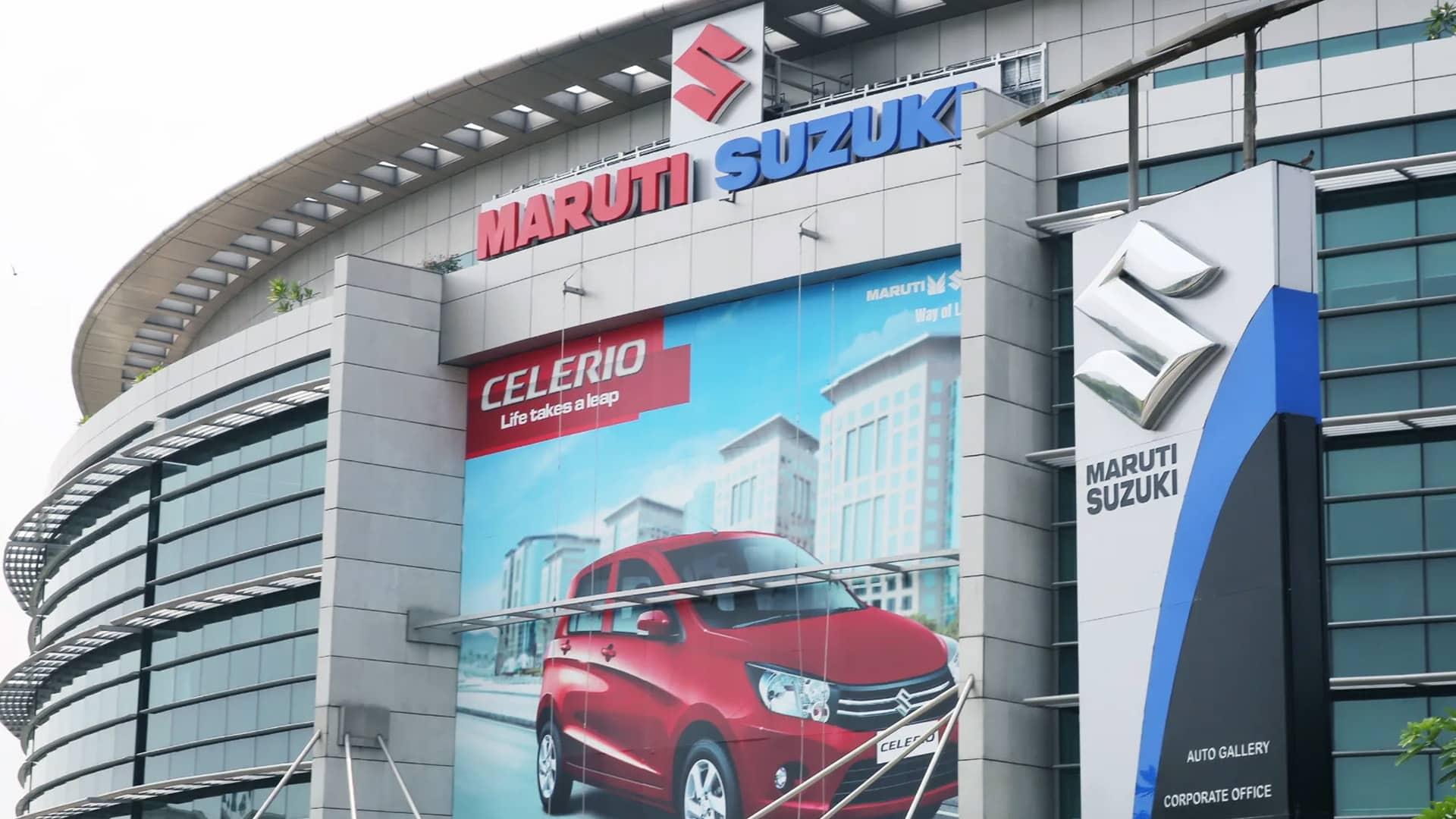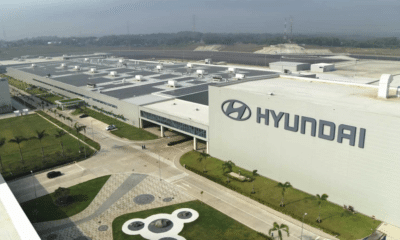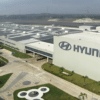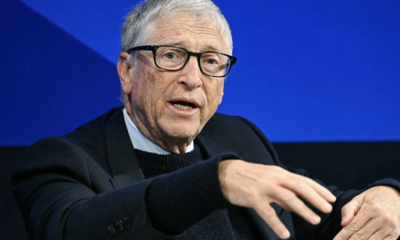Auto
Maruti Q2 net profit drops 66 pc to Rs 487 cr due to chip shortage, rising commodity prices
The country’s largest carmaker Maruti Suzuki India on Wednesday reported a 66 per cent decline in consolidated net profit at Rs 487 crore for the second quarter ended September 2021, impacted by the ongoing semiconductor shortage and increase in commodity prices.
The company had posted a consolidated net profit of Rs 1,420 crore in the second quarter of last fiscal, Maruti Suzuki India (MSI) said in a statement.
Consolidated revenue from operations stood at Rs 20,551 crore in the second quarter, as compared to Rs 18,756 crore in the year-ago period.
Total vehicle sales were down 3 per cent at 3,79,541 units in the second quarter, as against 3,93,130 units in the corresponding period last fiscal.
Domestic sales were at 3,20,133 units, compared to 3,70,619 units earlier.
Exports were, however, the highest-ever for any quarter at 59,408 units, as against 22,511 units in the same period last fiscal.
An estimated 1.16 lakh vehicles could not be produced owing to the electronics component shortage mostly corresponding to the domestic models, the company said.
Maruti Suzuki India further said it had more than 2 lakh pending customer orders at the end of the quarter for which it is making all efforts to expedite deliveries.
“This quarter was also marked by an unprecedented increase in the prices of commodities like steel, aluminium and precious metals within a span of one year.
“The company made maximum efforts to absorb input cost increases offsetting them through cost reduction and passed on minimum impact to customers by way of car price increase,” it said, adding as a result there was a drop in its net profit.
MSI Chairman R C Bhargava, in an online press conference, noted that the second quarter turned out to be “very difficult, unexpected and really something which the company had not foreseen when the year started.”
“The COVID situation in the second quarter was not bad at all but the shortage of semiconductors and electronic components and increase in the price of commodities at a pretty unprecedented type of scale has upset all the earlier estimates and expectations,” he stated.
He added MSI had a large impact during the period because one of its vendors could not supply units due to the COVID-19 situation in Malaysia, where its plant is situated.
On increase in exports, Bhargava said the company is looking to sustain the level going ahead.
“The increase is coming from the African market. We have some support there now from the dealerships of Toyota and as a result we expect the export volume from MSI to be at a different level from what we have been witnessing till now,” he added.
On outlook for the rest of the fiscal, Bhargava noted: “Predicting what the future will hold is very difficult because both these areas of commodity pricing and electronic component supplies are not that easy to predict. There is actually a shortage of semiconductors across the world and no one is willing to give any long-term prediction about the supplies.”
The company, in the meanwhile, would continue to negotiate with suppliers to maximise and diversify its vendor base for supplies, he added.
Also Read: Indian economy to see 10.5 pc or higher growth this fiscal: Niti Aayog VC
Asked to give guidance about sales growth this fiscal, Bhargava noted:”We will not have double-digit growth.”
When asked about its new plant which is expected to come up in Haryana, he noted: “Talks with the state government are still going on. There is considerable progress in the talks and we expect that we will come to some finality in maybe a few weeks.”
The auto major remains wary of the state’s new policy that has mandated 75 per cent job reservation for locals in business and factory establishments.
MSI currently has two plants in the state — Gurugram and Manesar.
The auto major has decided to replace the Gurugram plant, which is spread over 300 acres, with a new unit because of congestion and traffic hassles.
In the first half of the fiscal year ended September 30, the company sold a total of 7,33,155 units, with domestic sales at 6,28,228 units.
Exports in this half year were at 1,04,927 units as compared to 32,083 units in the same period last fiscal, the company said, adding overseas shipments in the first half of this year exceeded the full-year sales of last year.










































